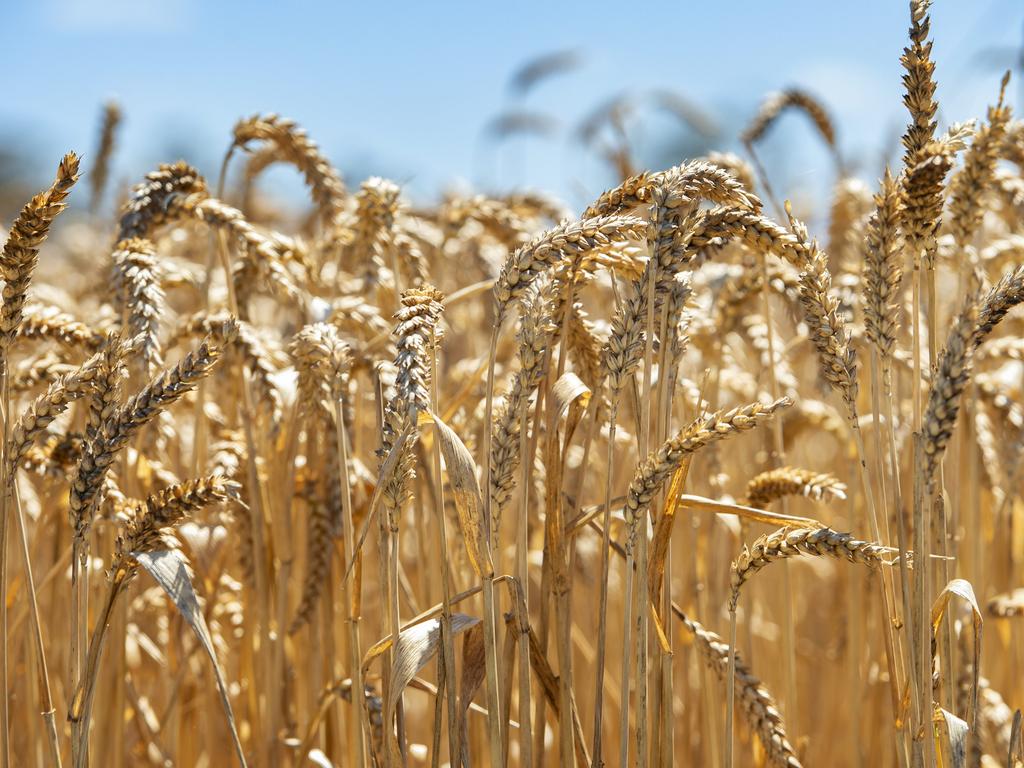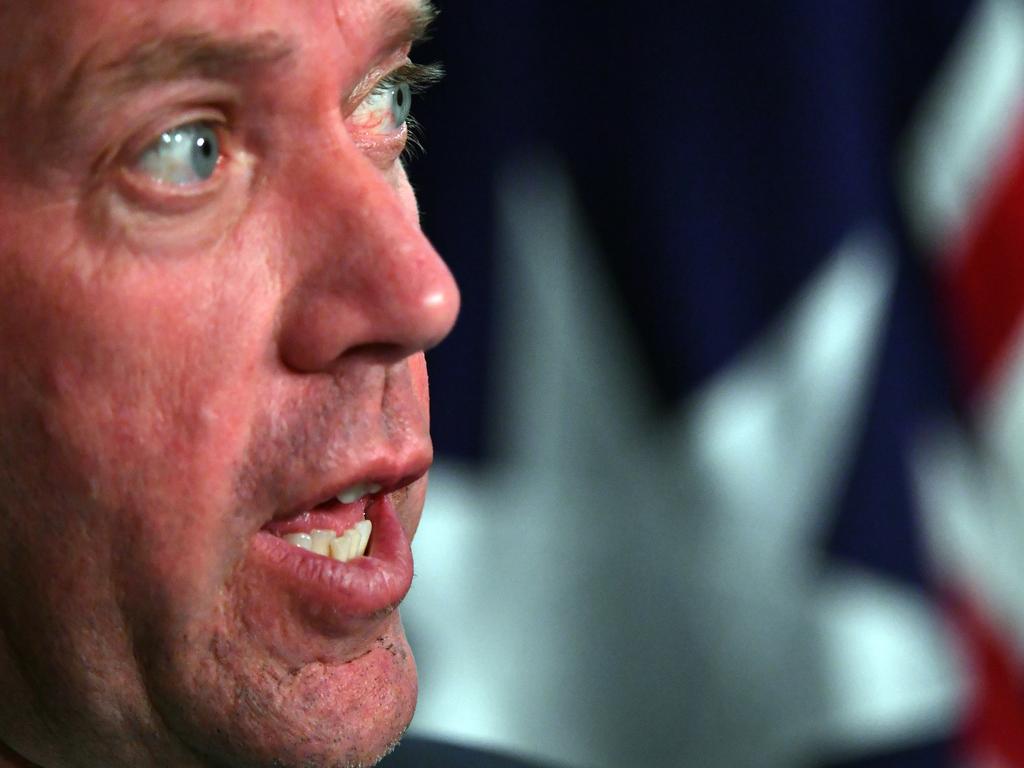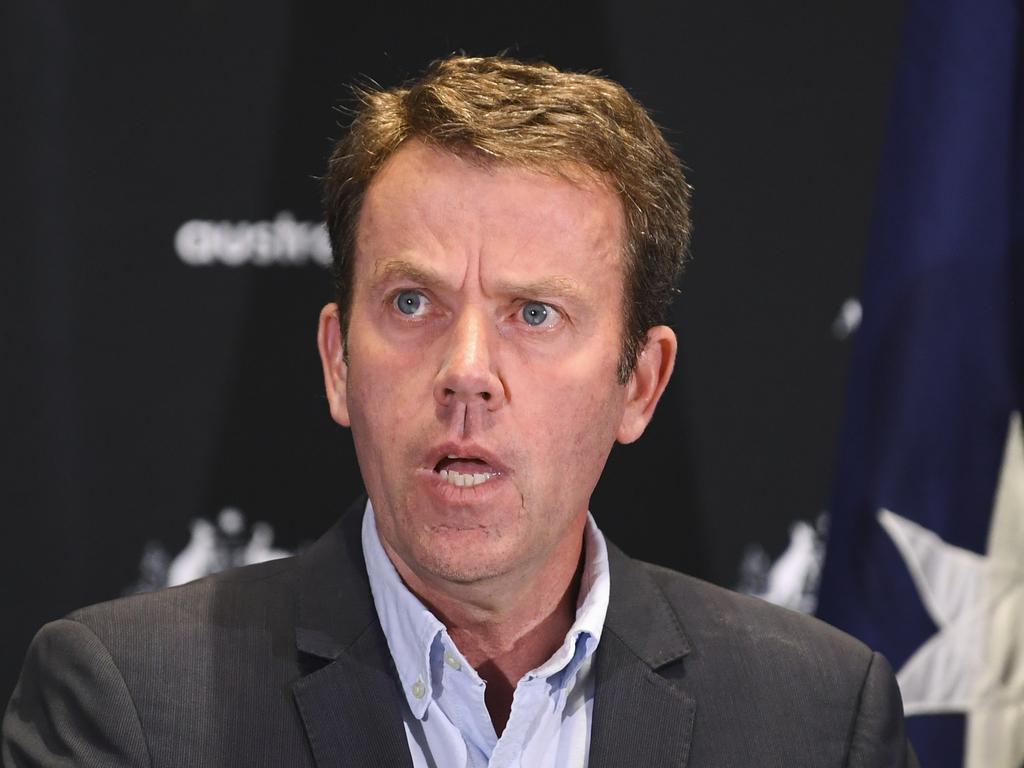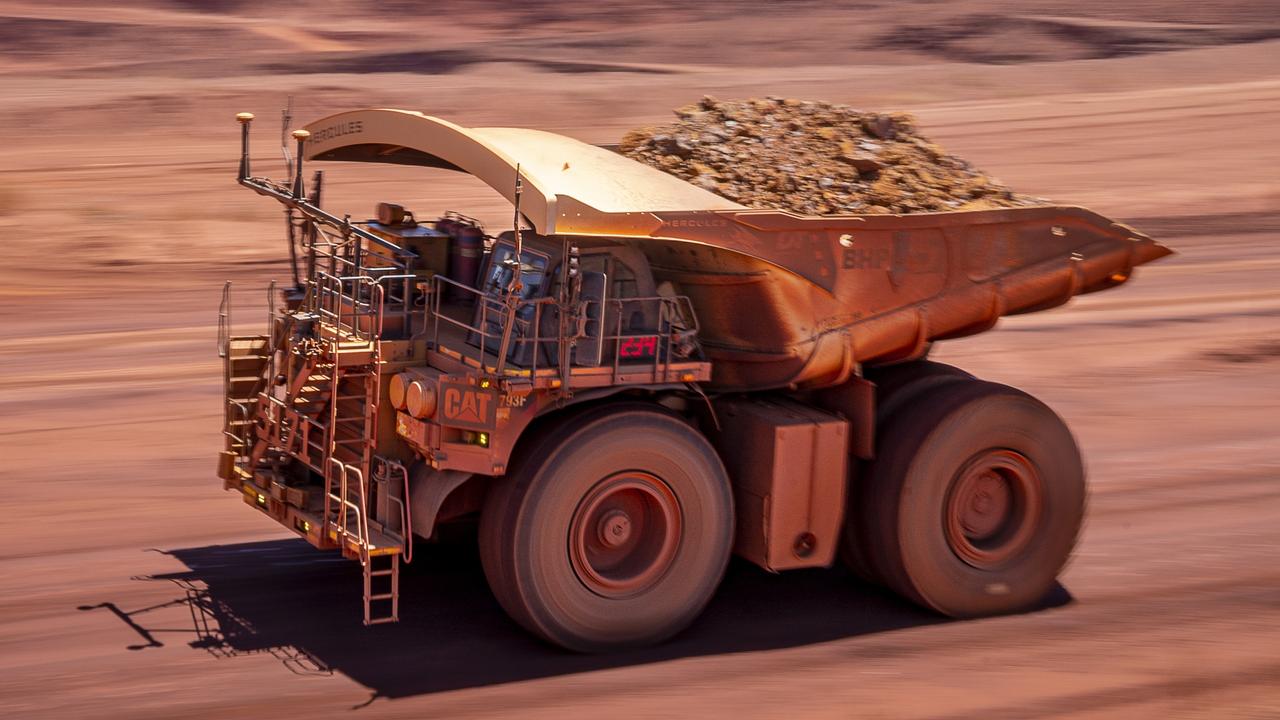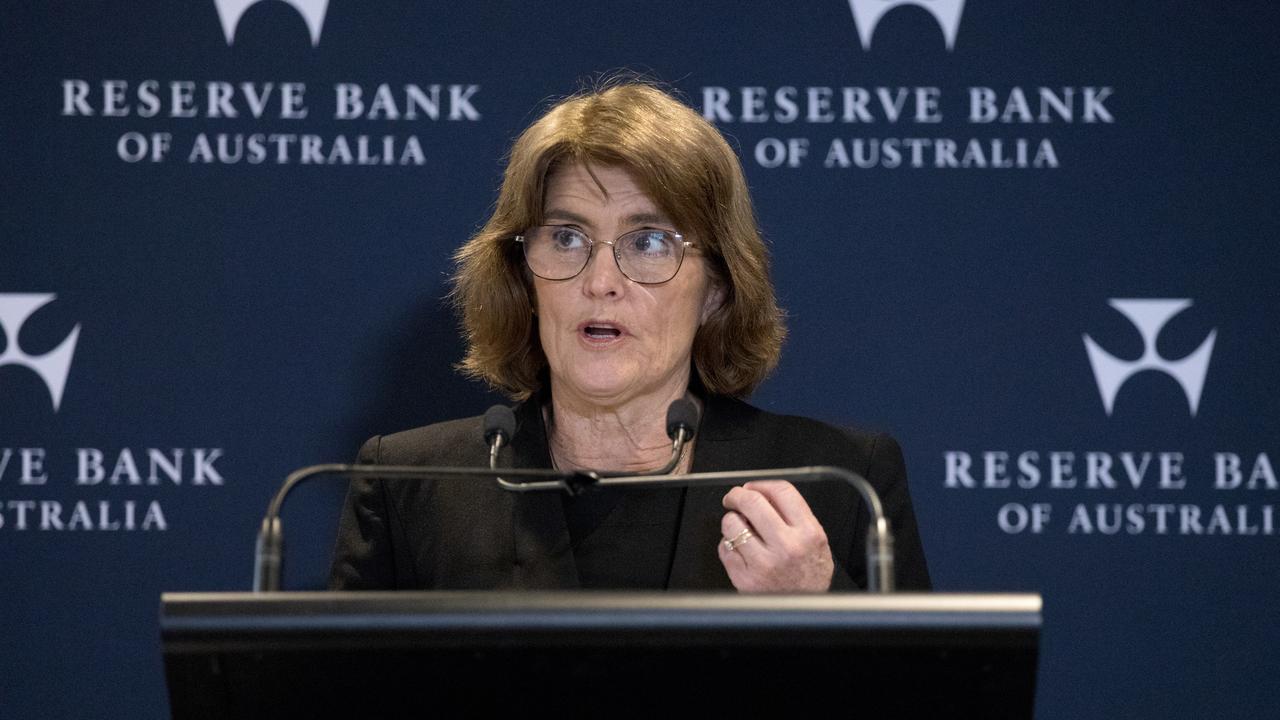Australian farmers on frontline demand peace talks with China
Farmers are calling on the federal government to quickly resolve worsening trade tensions with China.
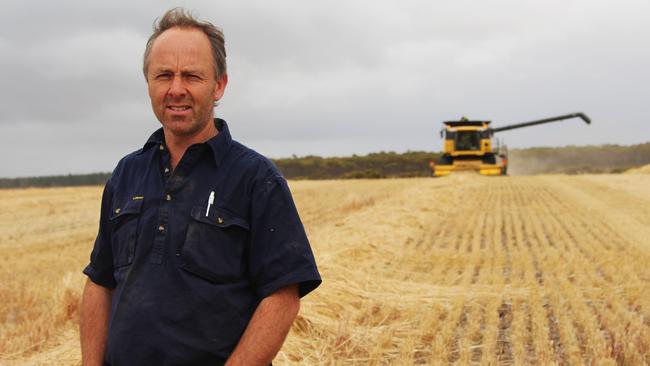
Farmers are calling on the federal government to quickly resolve worsening trade tensions with China amid the latest blow which sees Australian wheat exports to China slump to a 10-year low, threatening to worsen a growing backlog of wheat in Australian ports.
With the federal government scrambling to find export markets for Australian grain, farmers are urging it to prioritise repairing relations with the nation’s No 1 trading partner.
Mic Fels is a wheat grower in Esperance, Western Australia, who is just one of hundreds of thousands of farmers caught up in a months-long political stalemate involving a myriad of export industries, including barley, timber, coal, wheat and lobsters.
He says Australia “let its guard down” years ago in terms of diversifying its trade relations with countries outside of China, saying the industry is now so reliant on China that the government must prioritise this relationship.
“The government needs to prioritise opening the dialogue with China. We can’t keep going without the Chinese market,” Mr Fels said. “We just can’t keep losing markets. We can’t have this China thing keep escaping. It needs to be resolved.
“It’s a crisis for the grain industry.”
Mr Fels said anxiety among wheat farmers had been growing for months following direct threats from the Chinese government to industry to ramp up inspections on Australian wheat arriving on the docks.
This comes in a near-record-setting harvest year, with domestic wheat production forecast to more than double in 2020-21 to 31 million tonnes according to the Australian Bureau of Agricultural and Resource Economics (ABARES).
A bumper harvest combined with the souring relationship with China has already caused market volatility, leading to a dive in the price of Australian wheat which is now some of the cheapest in the world.
Mr Fels says growers will not be able to bear the brunt of any more shocks, worried the worsening stoush could have long-term impacts for the industry’s viability.
“All I can say is that we need all our markets to be actively buying our grain to get the maximum price because we need that maximum price to make ends meet,” Mr Fels said.
“You take a bit of sting out of your marketplace and suddenly it’s not viable anymore, that’s the nature of it.”
Northwest Victorian grain grower Daniel Linklater owns a large cropping farm in the Mallee region, and labels the trade barriers “disappointing”. Following a harvest which broke the last three years of severe drought in his region, Mr Linklater says farmers in his region are hyper aware of the potential fallout from the dispute.
“With a lot more wheat this year going to export destinations any trade barriers are very disappointing,” Mr Linklater said.
“This extremist idea that we can be ‘big Australia’ and we don’t need China … clearly we have a massive relationship with China and it needs to be handled.” Mr Linklater — who also grows barley — is thankful in the fact that Australia’s wheat market is less vulnerable than his barley crop, for which China makes up a whopping 70 per cent of Australia’s export market.
“In terms of wheat being a lower proportion of exports relative to barley I hope the price impact will be relatively less so.”
With on-farm grain storage silos across the country bursting at the seams, chairman of peak industry body Grain Growers Brett Hosking said Australian ports are fully booked and set to be running at full capacity until February.
This backlog is exacerbating the slump in price, and with ongoing speculation that China could slap further tariffs on Australian exports, there is a growing risk of cargoes of wheat being left in boats on the water.
Mr Hosking emphasised the importance of bolstering relationships with other Asian markets in our region which have been historically high for Australia’s premium grain.
“Indonesia is our biggest wheat export destination and we’ve just signed a free-trade agreement with them,” Mr Hosking said. “Vietnam is also a booming, fast growing economy.
“It makes sense to sell to our neighbours where there’s a freight advantage.”
Mr Hosking also said the federal government decision to transfer China’s decision to implement barley tariff was a positive move forward.
“They have effectively moved into couples counselling.”


